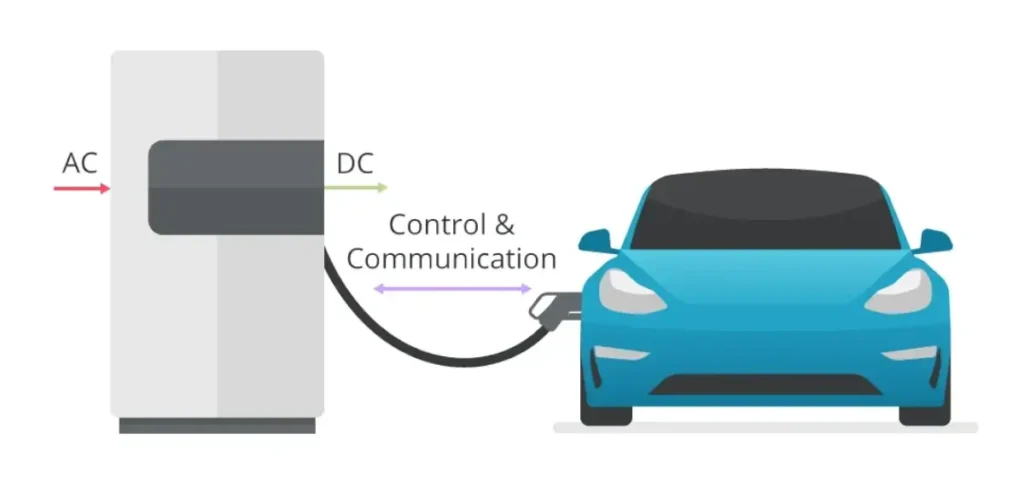Powering Convenience and Sustainability
As the world transitions toward sustainable energy solutions, electric vehicles (EVs) have emerged as a key player in reducing carbon emissions. One crucial component of the EV ecosystem is the home charging station. This article explores the significance of electric vehicle home charging stations, their benefits, installation considerations, and their role in promoting a cleaner and more convenient future.
Understanding Electric Vehicle Home Charging Stations
The Heart of EV Convenience
Electric vehicle home charging stations are dedicated units designed to recharge electric vehicles at home. They provide an essential infrastructure that allows EV owners to conveniently and efficiently assess their cars, eliminating the need for frequent visits to public charging stations.
Convenience and Accessibility
One of the primary advantages of a home charging station is the convenience it offers. Owners can charge their electric vehicles overnight or whenever it suits their schedule, ensuring the car is consistently ready.
Cost Savings
Home charging can be more cost-effective than relying solely on public charging stations. Many utility companies offer special rates or time-of-use pricing, allowing EV owners to take advantage of lower electricity costs during off-peak hours.
Installation Considerations
Setting Up for Success
Installing an electric vehicle home charging station involves several considerations to ensure optimal performance and safety.
Level 1 vs. Level 2 Chargers
Level 1 chargers use a standard household outlet, providing a slow but steady charge. Level 2 chargers, on the other hand, require a dedicated 240-volt circuit and offer faster charging times. The choice depends on individual preferences and driving patterns.
Professional Installation
While some Level 1 chargers can be plugged into standard outlets, Level 2 chargers often require professional installation. Hiring a qualified electrician ensures the facility meets safety standards and local regulations.
Advancing Sustainability
Driving Toward a Greener Future
Electric vehicle home charging stations are pivotal in advancing sustainability and reducing the carbon footprint associated with traditional gasoline-powered vehicles.
Environmental Impact
Lower Emissions
Charging an electric vehicle at home contributes to lower emissions than traditional vehicles. As the electricity grid incorporates more renewable energy sources, the environmental impact of EVs becomes even more favorable.
Decreased Reliance on Fossil Fuels
Home charging stations contribute to decreasing reliance on fossil fuels by encouraging electricity use, which can be sourced from renewable energy providers.
The Future of Home Charging
Innovations and Beyond
As electric vehicles become more mainstream, the future of home charging stations holds exciting possibilities for innovation and integration.
Smart Charging Solutions
Integration with Smart Home Systems
Integrating home charging stations with smart home systems allows users to monitor and control their charging remotely. This enhances convenience and enables users to take advantage of energy-efficient charging times.
Increased Charging Speeds
Ongoing advancements in charging technology aim to decrease further charging times. Faster charging speeds will contribute to the widespread adoption of electric vehicles by addressing concerns about charging infrastructure.
Conclusion
In conclusion, electric vehicle home charging stations are integral to the success of the electric vehicle revolution. They offer EV owners the convenience of charging at home, contribute to cost savings, and significantly promote sustainability. Installation considerations, such as choosing the correct charger and ensuring professional installation, are crucial for a seamless experience. As technology continues to evolve, the future of home charging stations promises innovative solutions and increased efficiency, further solidifying the place of electric vehicles as a sustainable and practical choice for modern transportation.


